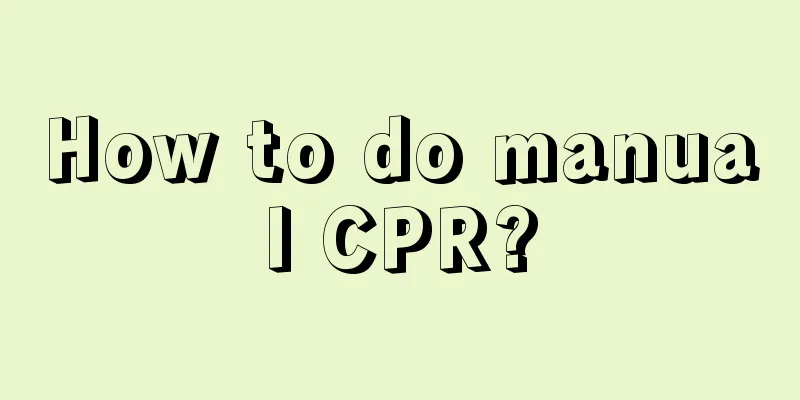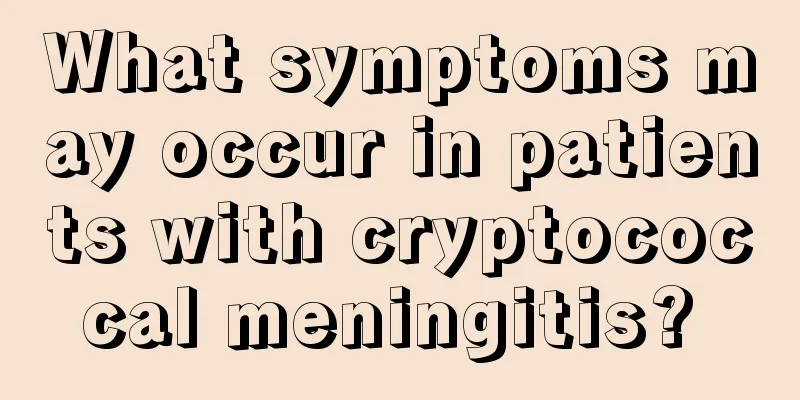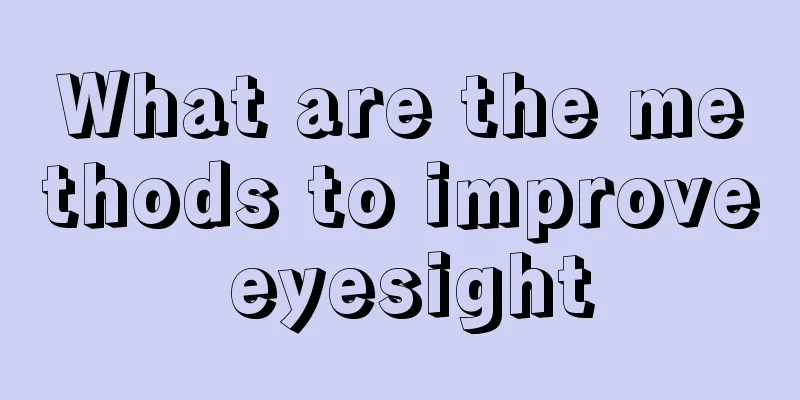What are the main symptoms of anxiety and depression?

|
Anxiety and depression are mental manifestations that have great adverse effects on patients and must be treated actively, otherwise they will cause great harm. There are many main manifestations of anxiety and depression, the most common of which are pathological anxiety, physical discomfort symptoms such as palpitations and shortness of breath, psychomotor restlessness, etc. 1. Pathological anxiety. Persistent or episodic inexplicable fear, dread, tension, and uneasiness. There is a sense of anticipatory danger, a sense that some kind of disaster is about to happen, or even a feeling of death ("near-death sensation"). Sufferers fear that they will lose control and may suddenly pass out or "go crazy." 70% of patients also suffer from depressive symptoms and lack confidence and interest in their current and future lives. Sometimes I become emotional and lose my balance, often get angry for no reason, quarrel with family members, and am dissatisfied with everything. Anxiety disorder causes cognitive impairment, and the patient cannot clearly perceive and understand the surrounding environment. Thinking becomes simple and fuzzy, and the patient focuses on his or her own health status all day long, worrying about the recurrence of the disease. 2. Symptoms of physical discomfort. Often an early symptom. The progression of the disease is usually accompanied by a variety of physical symptoms: palpitations, heart palpitations, chest tightness, shortness of breath, discomfort or pain in the precordial area, increased heart rate and breathing, general fatigue, decreased ability to live and work, simple daily housework becomes difficult and incompetent, and such symptoms in turn increase the patient's worry and anxiety. There are also sleep disorders such as insomnia, early awakening, and nightmares, which are quite serious and stubborn. In addition, there may also be symptoms of digestive dysfunction. The vast majority of anxiety patients also have hand tremors, finger tremors or numbness, paroxysmal hot flashes or cold sensations, irregular menstruation, amenorrhea, decreased libido, frequent urination, dizziness, vertigo, fear, and fainting attacks. 3. Psychomotor disorder (abbreviated as psychomotor disorder). I feel restless, anxious, rubbing my hands and feet, pacing up and down, making more small movements, unable to concentrate, and I don’t know why I am so anxious. |
<<: What should I do if I often have bloating?
Recommend
Features of high temperature steam cleaning range hood
Nowadays, people have thought of many ways to cle...
How to treat cervical cancer
Treatments for cervical cancer include surgery, r...
How to detect early pancreatic cancer
The early detection rate of pancreatic cancer in ...
Parasites in pork
Parasites in pork will not only directly affect t...
How to remove stubborn oil stains from clothes
Please note that stubborn oil stains are often di...
Does back pain caused by lung cancer necessarily mean metastasis? That's not necessarily the case
After the onset of lung cancer, low back pain may...
Characteristics of Crohn's anal fistula
Crohn's disease is an intestinal disease of u...
How to treat breast cancer bone metastasis?
How to treat breast cancer bone metastasis? 1. Th...
What are the symptoms of cervical cancer? How to adjust your diet to prevent cervical cancer
Nowadays, the incidence of cervical cancer is get...
Is hematuria a manifestation of bladder cancer? What are the early symptoms of bladder cancer?
Bladder cancer is one of the most common tumors i...
What is the principle of human fever
I believe almost everyone has experienced a fever...
Steps to make porcelain teeth
When making porcelain teeth, it is necessary to c...
The dangers of sleeping with microphone connected
Sleeping while connected to the microphone is a c...
What is the cause of the lump in the lower right abdomen?
If there is a lump in the lower right abdomen, we...
Is it good to have a crescent on the nail
It is a common phenomenon to have a half-moon on ...









